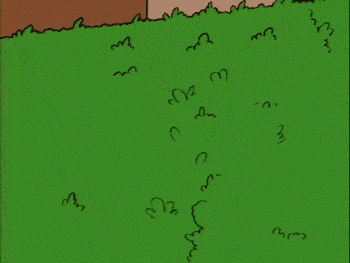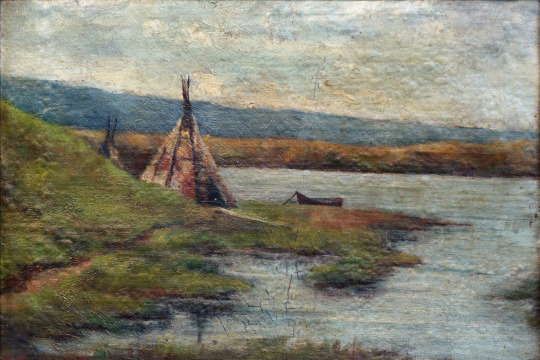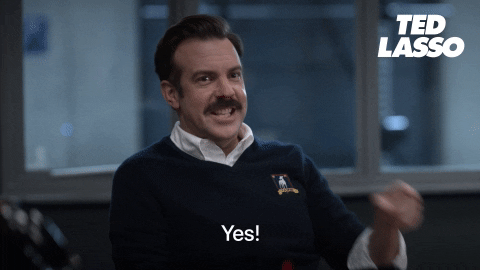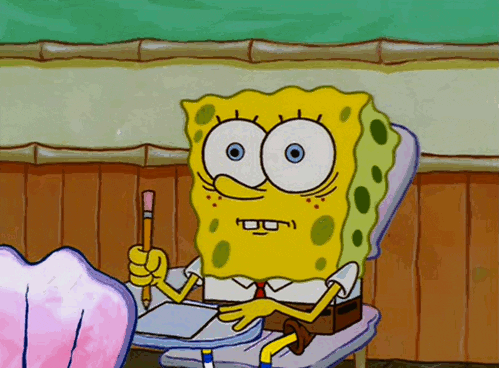Text
Reconciliation and Social Studies Courses!

I caught your attention, didn't I?
I would like to begin by acknowledging my own position as a settler on this land, and also the limits of that position when talking about this subject. This post is based on knowledge that I have gained through reading scholarship surrounding the topic of Indigenization, holistic teaching, and the concept of Etuaptmumk (Two-Eyed Seeing). As a prospective teacher, these topics are very important to me, and I am constantly in search of ways to decolonize the classroom!

My leading question during this inquiry process, and what I sought the answer to, was “how do I Indigenize a social studies classroom?”. From the starting point of this question, I have come to understand that most scholarship on these issues present “Indigenization” as an integral part of the process of reconciliation, whereby we attempt to dismantle colonial spaces. This was another key aspect of my research: the colonial power that a classroom has, and teachers’ ignorance to this power. My research has shown me the ways in which Indigenous ways of knowing have been devalued, and the processes by which social studies teachers can deprioritize colonial perspectives in their lessons in order to give students a holistic view of the subject matter, and banish bias and ignorance.
Indigenous knowledge and ways of knowing have been consistently invalidated by western society. Côté, Denis, Watts, and Wilkes (2021) explain that “Indigenous knowledges are not yet accepted as authoritative systems of knowledge, rather, as a lens by which to view established conventions of knowledge” (p. 111). Indigenous knowledge, when acknowledged at all, is never given credit for the discovery of knowledge, but rather provides an additional note for western scholars to add on to their findings. Through my research, Miller (2019) discussed the value of Indigenous knowledge. He explained the scholar Walking Buffalo’s insights into how trees talk to each other (p. 187). Walking Buffalo’s claim occurred decades ago, and it is only now that climate scientists are “discovering” what he already knew. Professor Suzanne Simard at the University of British Columbia claims, “I discovered that trees have like an internet below ground and that they communicate and share resources and collaborate through these vast mycelial fungal networks,” (Larsen 2021). I came across this piece of information while reading CBC one morning, and I was appalled. Simard has not “discovered” this. The concept of trees communicating with each other has been a piece of Indigenous knowledge long before now. The process of changing our views on the value of Indigenous knowledge starts in the classroom, and will surely benefit everyone.

Aspects of Indigenization are individual acts that add up to true reconciliation. -Côté et. al. 2021 p.108
In order to deprioritize colonial perspectives and give value to Indigenous knowledge and way of knowing, the social studies classroom must undergo the process of Indigenization. In this section of my post, I will explain this term further, and explain the unseen colonial power of the classroom. Hatcher & Bartlett (2009) state, “cultural modes of perception and understanding are deeply embedded and self-perpetuating” (p. 145). To me, this means that our colonial perspectives and ways of knowing are deeply embedded in ourselves. A method of stopping this cycle of hubris and seeing ourselves as the exclusive holders of “objective” knowledge is to begin at an educational, institutional level. Indigenizing the classroom is the first step in the process. It can take the form of the inclusion of “Indigenous histories and languages,… increasing the number of reading resources on campus, the creation of Indigenous studies programs and faculties, and finally, the creation of Indigenous student resource offices” (Côté et. al. 2021 p. 108). This is not a perfect practice, and it is difficult to separate the colonizing power that is inherent in the education system, but this is certainly a first step.

We can subvert the colonial power of academic institutions by implementing Etuaptmumk (Two-Eyed Seeing) in classrooms.
youtube
“Two-Eyed Seeing refers to learning to see from one eye with the strength of Indigenous ways of knowing and from the other eye with the strengths of Western ways of knowing and using both eyes together” (Hatcher & Bartlett 2009,146). When we use this technique we can avoid dominating knowledge with our privileged perspective. Here are some ways to implement Two-Eyed Seeing in the classroom:
Seeing subjects, not objects (not placing humans as the locus of history).
Co-learning (having students learn from each other, and having students educate the teacher. Understanding learning as an experience that happens as a collective).
Having the teacher serve as facilitator of knowledge (their role is to engage the minds of the students, and lead them along the path of learning. Knowledge is an active process, not a static outcome).
Making the classroom a sanctuary (a safe space for students to express themselves).
Implementing learning circles.
This is what I have discovered through this ongoing process of learning how to decolonize classroom spaces. Moving forward, it is important to remember:
Reconciliation is a process not an outcome (Côté et. al. 2021 p.112)
We need to deprioritize our position as settlers on this land, and humble ourselves to the harsh truths about the treatment Indigenous peoples have endured. We might not have directly contributed to this, but that is not the point. Only we can seek reconciliation now.
Reference List
Côté, R., Denis, J., Watts, V., & Wilkes, R. (2021). Indigenization, Institutions, and Imperatives: Perspectives on Reconciliation from the CSA Decolonization Sub-Committee. The Canadian Review of Sociology, 58(1), 105-117.
Hatcher, A., Bartlett, C., Marshall, A. et al. (2009). Two-Eyed Seeing in the Classroom Environment: Concepts, Approaches, and Challenges. Canadian Journal of Science, Mathematics and Technology Education, 9, 141–153. https://doi-org.ezproxy.acadiau.ca:9443/10.1080/14926150903118342
Larsen, K. (2021, October 9). UBC forestry prof name-dropped on Ted Lasso says she might have to start watching show. CBC. https://www.cbc.ca/news/canada/british-columbia/ubc-forestry-professor-ted-lasso-1.6205259
Miller, J. (2019). The Holistic Curriculum, Third Edition: Vol. Third edition. University of Toronto Press, Scholarly Publishing Division.
1 note
·
View note